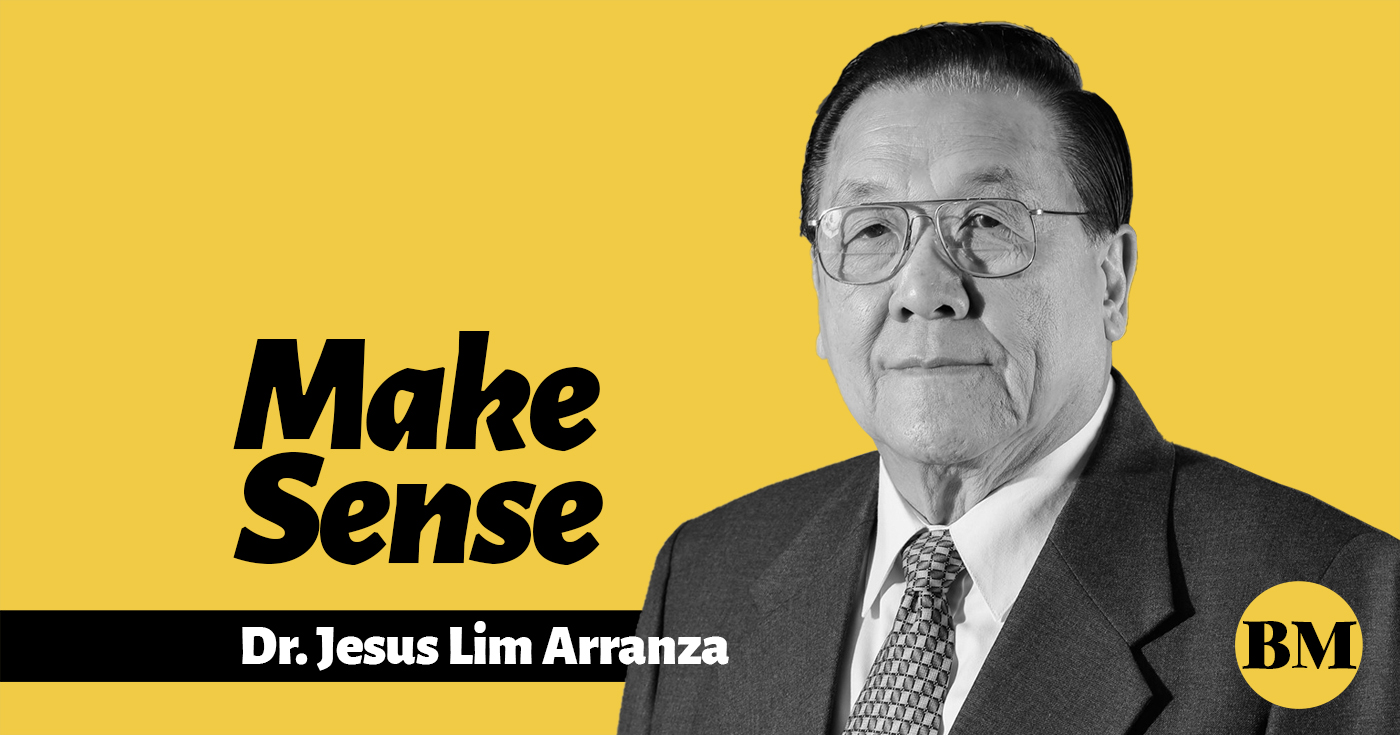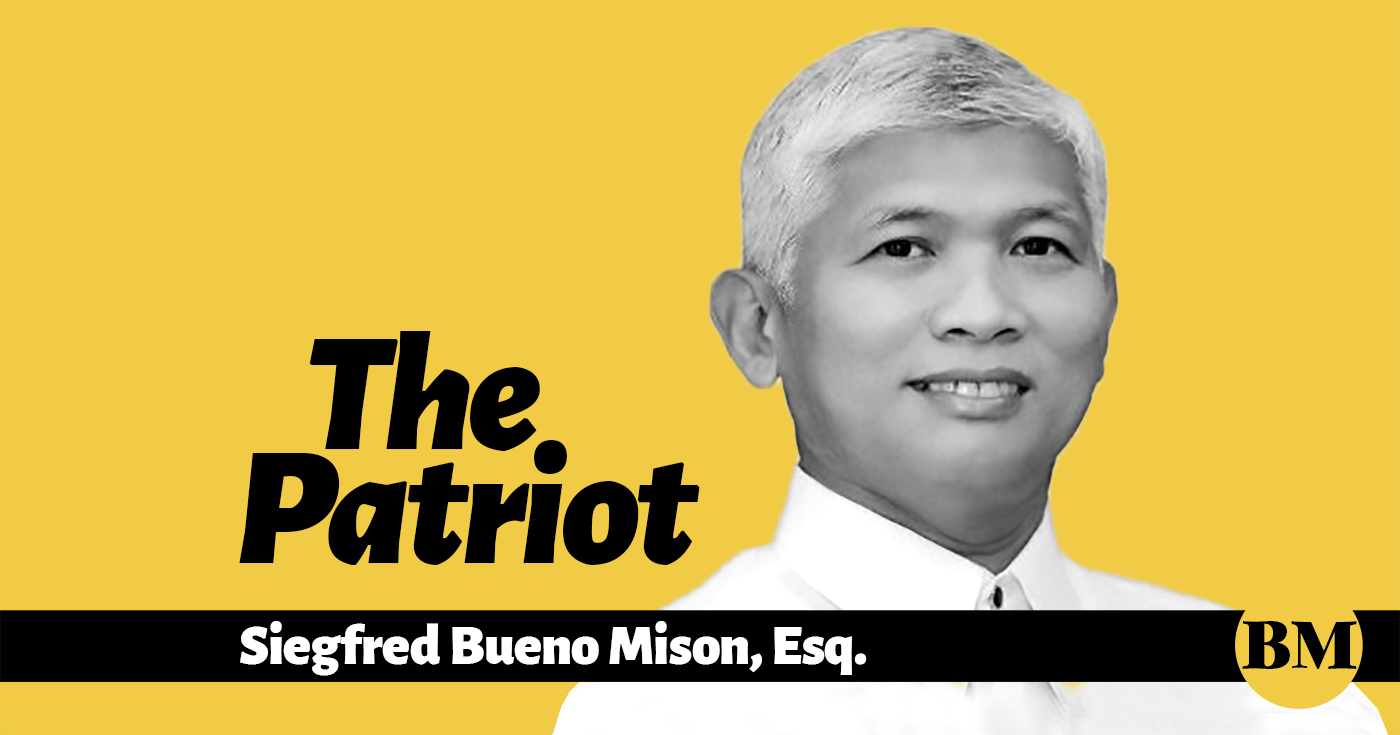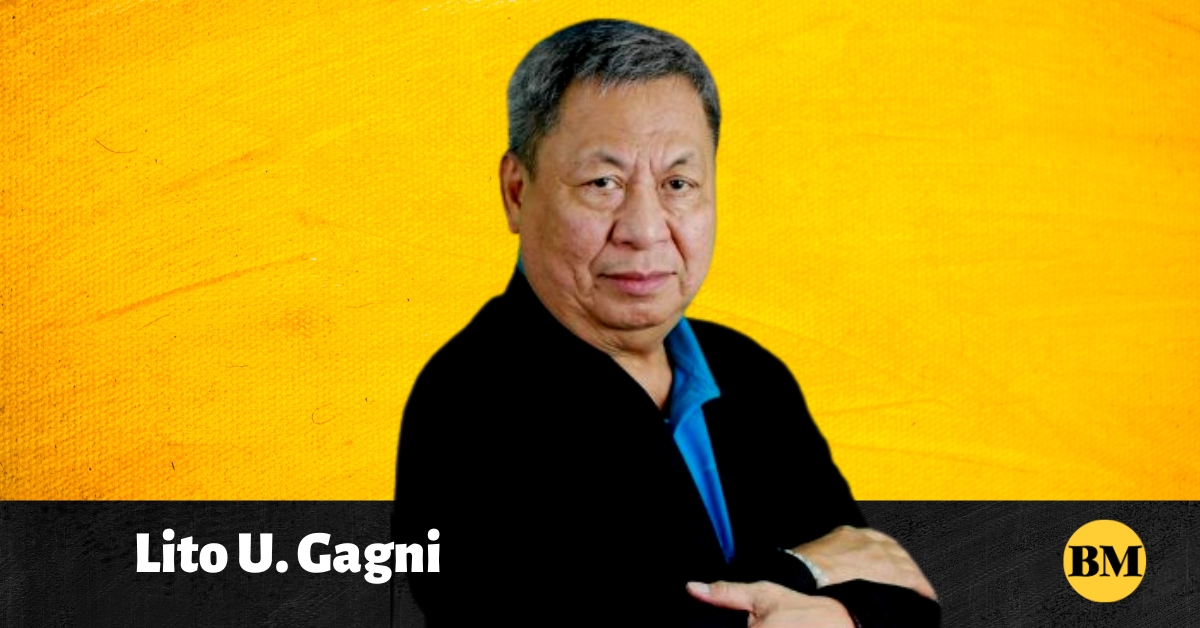
This is especially true for companies engaged in pharmaceuticals and health-care business, who need to have such programs or else they would be perceived as being in business only for profit and not to fulfill their social responsibilities as corporate citizens of the country.
The problem of access to quality health care is not only due to the lack of public and private hospitals and clinics in the countryside. It is also due to the scarcity of competent and committed doctors, nurses and midwives in these poverty-stricken areas who would rather practice in Metro Manila or better yet, abroad where they could earn more money and live a more comfortable life for themselves and their families.
And yet there are still doctors, nurses and midwives who choose to stay behind in the country, especially in small towns. This is because they feel that these rural areas are where they are most needed and where they can best serve their fellow Filipinos, especially the many poor people living there get sick and die without ever getting professional medical care.
Why health heroes awards?
IT was to identify, recognize and assist these selfless and dedicated people to continue working in the hinterlands and inspire more of their fellow health professionals to follow their examples that we conceptualized and implemented the three award programs for our clients.
The first one, which we did for Hoechst, was an award program to recognize and honor the country’s rural doctors. To emphasize the heroic aspect of the award and the awardees, we named the program the Rizal Award for Rural Physicians after our national hero Jose Rizal, who was a rural doctor at one time in his life when he was an exile in Dapitan.
This was followed later by the Johnson & Johnson Outstanding Midwives Award and later its successor program, the Midwives Leadership Development Program. Both of these programs were aimed at paying homage to midwives who have long been the frontline primary-health providers, most of whom work for the government but with some in their private capacities.
In the case of the Midwives Leadership Development Program, we were able to add a developmental dimension by holding advanced training seminars for the best midwives in the country to become better and even more effective health leaders and health advocates in their respective communities.
After these came the Heroes for Health Awards, which served as the centerpiece of Pfizer Philippines’s 50th anniversary celebration in 2004. Aside from the awards, Pfizer also gave P500,000 each to the awardees for them to use to continue and expand projects, which ranged from conducting free eye operations for the poor to providing health care to indigenous tribes in the hinterlands of Palawan.
Enhancing relations with the government
THE awards recognizing these silent and unheralded health heroes of our time proved effective not only in improving the reputation of the companies which sponsored them but also in enhancing their relations with the government. The Department of Health endorsed all these programs, even making their nationwide network available to help find and identify the health-care workers who could quality for the awards.
The incumbent health secretaries, when the awardees were brought to Manila to receive their awards, took the time to meet them and personally congratulate them. I remember how one of the health secretaries, feeling a special kinship with the rural doctors having been one himself, spent several hours talking with the doctors and sharing their experiences like the comrades in arms in the fight for the people’s heath that they were.
All of the health secretaries also attended the awarding ceremonies to express the importance they attached to the awards and to again congratulate them for their patriotism and the sacrifices they made for the Filipino people. It was so heartwarming to see the awardees glowing with pride and the feeling that their sacrifices were not for naught but were appreciated by the government and the whole country.
On a personal note, my inspiration for creating these health awards was my mother, Dr. Celina Elizalde Nieva. She labored long and hard as a rural doctor in the then-still-fifth-class municipality of San Luis, Pampanga. When she died, she was mourned by the whole town who felt they were orphaned. And during her wake, former Huk Supremo Luis Taruc, who became a cooperatives organizer after being freed from prison, told me when he came to condole with me: “Rene, your mother was a hero of the people.”
PR Matters is a roundtable column by members of the local chapter of the International Public Relations Association, the premier association for senior professionals around the world. Rene Nieva is the chairman and CEO of Perceptions Inc.
We are devoting a special column each month to answer the readers’ questions about public relations. Send your comments and questions to askipraphil@gmail.com.

































